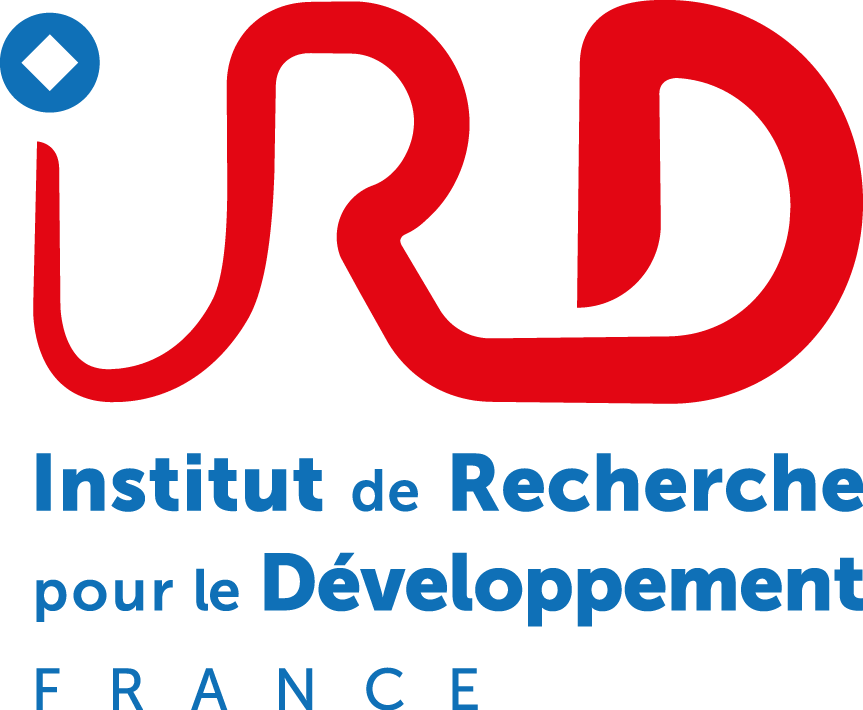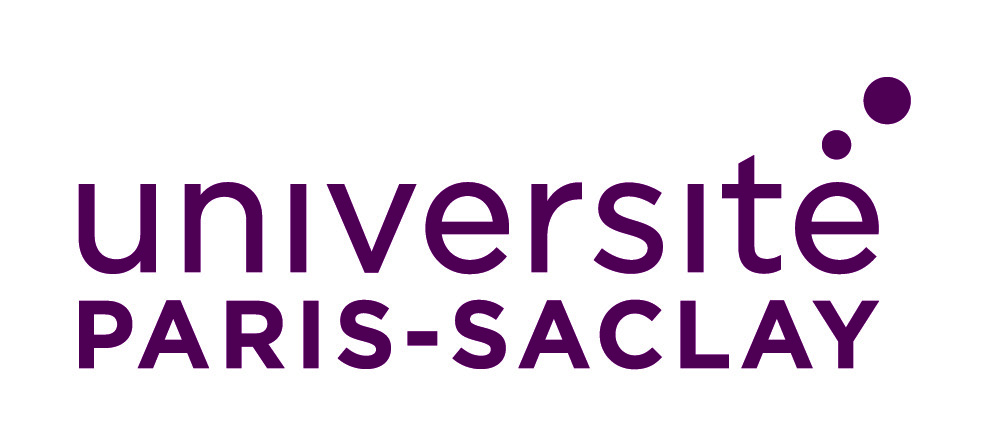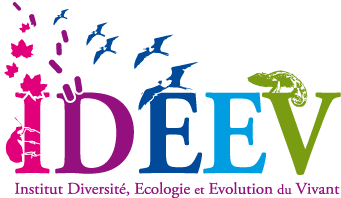EGCE (Evolution, Genomes, Behaviour and Ecology) is a mixed research unit under the triple administrative supervision of Paris-Sud University, the Centre National de la Recherche Scientifique (CNRS) and the Institut de Recherche pour le Développement (IRD). EGCE includes researchers and lecturer-researchers from these institutions, as well as from the Paris Diderot (Paris 7), Pierre & Marie Curie (Paris 6) and Versailles Saint Quentin universities, and AgroParisTech. It is a member of the IDEEV research federation and of numerous networks of laboratories, helping to foster the exchange of ideas and collaborative work. Through the unit’s professors and lecturers, EGCE is in contact with a talent pool of students from a wide range of horizons.
Below is a list of the main partners and networks interacting with EGCE.
The CNRS is a public research body (a public scientific and technological organisation, under the authority of the Higher Education and Research Ministry). It is divided into ten thematic institutes.
EGCE is supervised by the Institut Ecologie et Environnement (INEE), headed by S. Thiebault, and the Institut des Sciences Biologiques (INSB), led by A. Le Bivic.
Research at the INEE is conducted by a network of research units in the areas of ecology and the environment, including biodiversity, evolution and the interactions between mankind and the environment. The INEE’s work is of different kinds: initiatives to promote research (interdisciplinary programmes and incentive initiatives, for example), support for research (public infrastructure) and evaluation missions. The INSB focuses on research work in biology aiming to explore the complexity of life, from atoms to biomolecules, from the cell to the entire organism and whole populations. Assessment work at the CNRS is conducted through 40 themed sections.
The sections relating to EGCE’s links are section 29 and to a lesser extent sections 26 and 22.
The Research Institute for Development is a public scientific and technological body, supervised by the Higher Education and Research Ministry and the Cooperation Ministry. Its aim is to carry out research with developing countries. IRD researchers work on today’s major international issues: global warming, emerging diseases, biodiversity, access to water, migrations, poverty and hunger in the world. Through training, they help to strengthen scientific communities in the South.
Paris-Saclay University resulted from the merger of Paris-Sud University and the Grandes Ecoles on the Saclay plateau. The Sciences Faculty is located on the Orsay campus. There are many links between the Gif-sur-Yvette campus and the Orsay Science Faculty with staff exchanges and a large number of collaborative networks.
. https://www.universite-paris-saclay.fr
University of Paris: This is a multidisciplinary university with subjects ranging from language teaching and the human sciences to the exact sciences and health.
– ![]() Versailles Saint-Quentin-en-Yvelines University: A multidisciplinary university with a wide range of subjects including the exact sciences, the social sciences, human sciences, legal and political sciences, engineering, technology and medicine. The university is located in several different towns near Saint-Quentin-en-Yvelines.
Versailles Saint-Quentin-en-Yvelines University: A multidisciplinary university with a wide range of subjects including the exact sciences, the social sciences, human sciences, legal and political sciences, engineering, technology and medicine. The university is located in several different towns near Saint-Quentin-en-Yvelines.
https://www2.uvsq.fr
Scientific networks
Diversity Ecology and Evolution of Life Institute (IDEEV). Founded in 2010. This is an institute “without walls”. The founding members are LEGS (CNRS-UPR 9034), renamed EGCE (CNRS-Paris-Saclay University-IRD UMR9191) in 2015, the IRD 072 unit, a former partner of LEGS which was merged with EGCE, the Ecology, Systematics, Evolution laboratory at Paris-Saclay University (ESE, CNRS-UMR 8079) and the Plant Genetics-Le Moulon laboratory, a mixed INRA, CNRS, Paris-Saclay University and INA-PG (UMR 8120) unit, now known as GQE-Le Moulon. The director is Jacqui Shykoff. It has been joined by other teams working on the big Gif-Orsay campus.
Its creation was inspired by the fact that evolution is a theme shared by many laboratories on the Orsay and Gif-sur-Yvette campuses, with around 250 members of staff. There is a very wide range of approaches (from the gene to the ecosystem) and of types of organism studied (from bacteria to mankind via archaea). The IDEEV has carried on from the EvoSud network, which has existed for the past three years and aims to promote interaction between the members of the various laboratories and units involved. Teams wishing to join the IDEEV are asked to contact the director Jacqui Shykoff (ESE).
GDR 3E
This ecology and evolution research network, part of the CNRS ecology and environment institute, is headed by Christophe Grunau and Séverine Chambeyron. Through meetings between players working in different disciplines, it aims to promote the study of the relative weight of genetic and non-genetic heredity in the process of adaptation and evolution. The main goal is to understand the epigenetic components (namely to explore all the heritable modifications in genome expression without modification to DNA) and cultural modifications (that is, the part of phenotypic variation transmitted between generations through social learning) in these processes within the context of interactions between the organism and the environment.
GDR-3E website: click here
GDR 2157
Mobile Genetic Elements Research Group: from mechanism to populations, an integrated approach. Director: Jean-Marc Deragon.
The teams in the research group work on the entire range of transposable elements (TEs) that have been described to date and on the organisms belonging to various groups in the evolutionary tree (bacteria, fungi, plants, ciliates, insects, vertebrates). The approaches are also varied, ranging from the precise mechanics of transposition to evolution and the dynamics of TEs. This results in a broad vision including molecular, population and ecological data.
GDR 3692
Environmental Genomic Research Group. It is headed by a committee including Dominique Joly, Denis Faure, Jean-Christophe Simon, Line Le Gall, Guy Perrière and Damien Eveillard.
The Environmental Genomic research group combines all the knowledge obtained about ecosystems and organisms using methods based on high-speed sequencing (meta)bar coding, (meta)transcriptomics and (meta)genomics.
An international dimension
- International scientific cooperation programmes focusing on the evolutive biology of drosophila (CNRS/Japan) and sympatric adaptations in host-parasite systems (CNRS/Holland)
- Cooperation agreements and collaboration with Italy, Spain, Russia, India and the US (NSF)
- A partnership with universities and research centres in western, eastern and southern Africa





